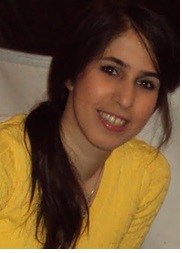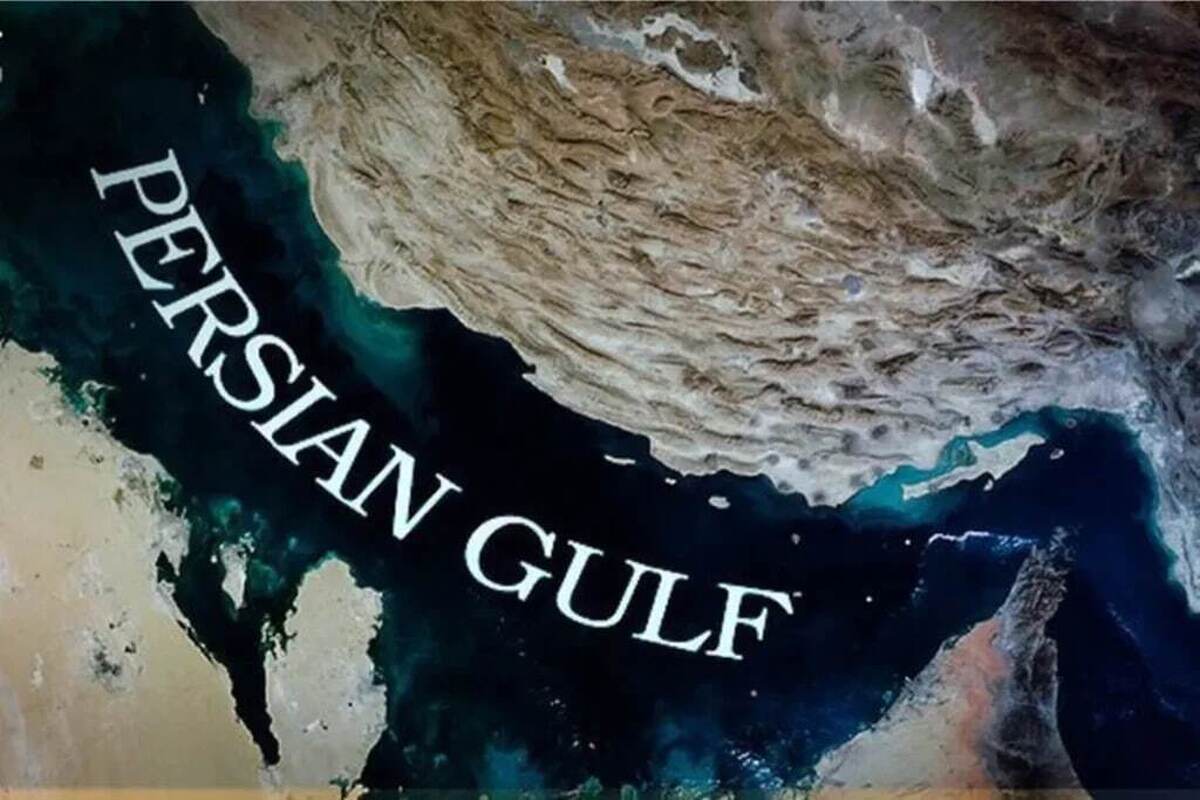
Interview with Mitra Aliabouzar - USRHR Women’s Committee
Q- Please tell us about yourself
A- My name is Mitra Aliabouzar. I was a member of the Islamic Student Association at Tehran Polytechnic (AUT) and Sharif University of Technology (SUT). I was arrested three times after the disputed presidential election in 2009. I left Iran in 2013 and joined the George Washington University (GWU) for a Ph.D. program. I received my doctoral degree in mechanical engineering in 2018 and right now I am a postdoc fellow at the University of Michigan, Ann Arbor (UMICH).
Q- What is the condition of women under the Islamic Republic of Iran?
A- Life as a woman in Iran is extremely challenging on a daily basis. We face discrimination on so many levels. These restrictions can be personal such as what or what color to wear, social such as limited job opportunities, marriage and divorce. Women are still considered to be second class citizens. Those who speak out and openly criticize the government are brutally suppressed. Despite the numerous efforts by Iranian women over the forty years, their proper role continues to be undermined.
Q- What are women rights activists doing to change women’s condition?
A- Despite the obvious discrimination and intentional exclusion of women socially and politically by the Islamic government of Iran, I think women have persisted and insisted on being present and having their voice heard. If we look at the peaceful demonstrations inside universities and outside rallies, women have been always present. Over the past 40 years, women’s rights activists have been successful to make women aware of their rights and engage them in the quest of equality. I can name “One Million Signature Campaign”, “White Wednesdays” and recently those who campaigned to remove the ban on women attending stadiums to watch sports. I think no matter how slow the progress has been in women’s conditions in Iran over the past decades, it has had invaluable impact on all levels of society. As I mentioned, despite limitations, women are present in the society. Over 60% of university students are women. They are academics, physicians and entrepreneurs and etc. In terms of legal changes, small victories have been achieved such as blood money and inheritance. These achievements could not have been possible without the outstanding role of women activists.
Q- Are women allowed to celebrate International women’s day?
A- Women cannot officially celebrate this day in Iran. International women’s day is the celebration of empowering women and equality of rights for women. In March 2007, a number of women’s rights activists had a peaceful demonstration to demand social change for the appalling women’s condition in Iran which was savagely suppressed.
Islamic government of Iran does not recognize women to have equal rights as men. As I mentioned earlier, women are considered second class citizens in Islam. However, the country celebrates its own women’s day, marking the birthday of Fatima, Prophet Mohammad’s daughter. This is a religious day and in my opinion this religious day does not represent an independent and powerful role for a woman.



